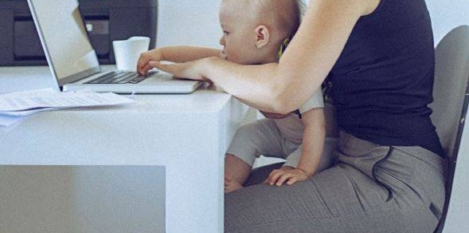May 9, 2016
Public neither knows nor cares about the coming era of smart cities 0
 The smart city is the poster child for the new era of immersive digital living, but the British public remains ‘clueless or indifferent’ about the nature of smart cities and what they will mean for their lives, according to a new report entitled: Smart Cities – Time to involve the people published by the Institution of Engineering and Technology. The report claims that only 18 per cent of the British public has heard of a ‘smart city’ and many are unaware that city-wide technologies could improve the quality of life in urban areas. One third of respondents were unable to select the correct definition of a smart city from a list of options. Eight per cent of respondents opted for “a city that has a higher than average proportion of universities and colleges and aims to attract the most intellectual”. And a further five per cent saw it as “a city that has a strict cleaning regime for its buildings, roads and public places”.
The smart city is the poster child for the new era of immersive digital living, but the British public remains ‘clueless or indifferent’ about the nature of smart cities and what they will mean for their lives, according to a new report entitled: Smart Cities – Time to involve the people published by the Institution of Engineering and Technology. The report claims that only 18 per cent of the British public has heard of a ‘smart city’ and many are unaware that city-wide technologies could improve the quality of life in urban areas. One third of respondents were unable to select the correct definition of a smart city from a list of options. Eight per cent of respondents opted for “a city that has a higher than average proportion of universities and colleges and aims to attract the most intellectual”. And a further five per cent saw it as “a city that has a strict cleaning regime for its buildings, roads and public places”.


































March 8, 2016
Eight in ten women believe gender discrimination still prevalent at work 0
by Sara Bean • Comment, Flexible working, Workplace
(more…)